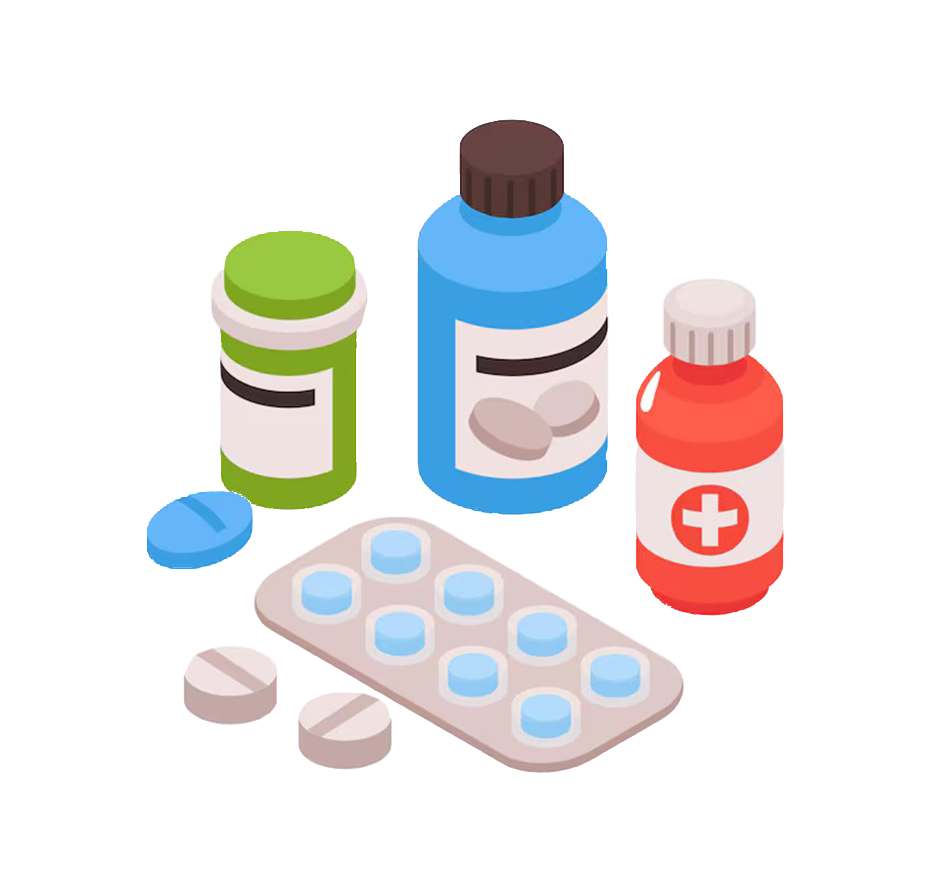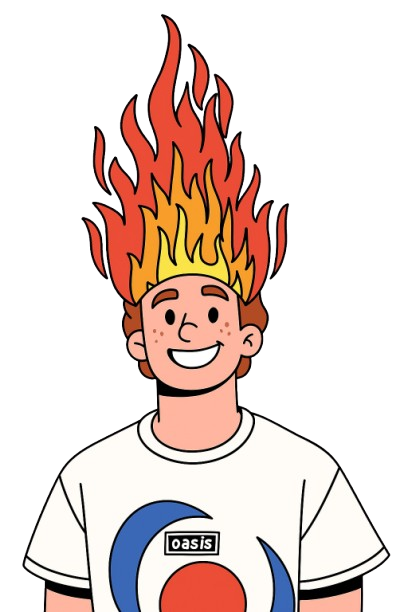Caffeine, the beloved stimulant of many high school students, can be both a blessing and a curse. While the drug may provide a much-needed energy boost to get through long study sessions and early morning classes, it also has negative effects on student’s bodies and minds. There are many positive and negative effects of caffeine on high school students and it’s important for students to be aware of their intake. The caffeine-filled energy drinks students drink almost daily can do more harm then good when looking at the poor effect it can have on high-schoolers.
Caffeine is a vital stimulant for high school students, offering numerous benefits to enhance their mental performance. It improves focus, concentration, and reaction time. This makes it an essential tool for students to navigate their busy academic schedules, and push through long days. When students wake up from a short night’s sleep, caffeine is often their go-to solution to stay alert and awake throughout the day. In fact, a staggering 75% of high school students are said to rely on caffeine to stay awake and alert, according to a National Sleep Foundation study.
Beyond its cognitive benefits, caffeine has social advantages, fostering connections and friendship among students who share a love for coffee and energy drinks. Social interactions over coffee or energy drinks can even increase feelings of friendship and social bonding, as shown in a Journal of Social Psychology study. Moreover, caffeine boosts motivation and productivity, empowering students to tackle tasks and meet deadlines with ease. By providing a much-needed energy boost, caffeine helps high school students power through their day with confidence and success.
While caffeine can provide a temporary energy boost, excessive consumption can lead to a range of negative effects. These effects include addiction, anxiety, jitteriness, and an increased heart rate. Excessive intake can also result in dehydration, headaches, and fatigue, while disrupting sleep patterns and leading to sleep deprivation and negative effects on physical and mental health. Furthermore, excessive caffeine consumption can even lead to negative impacts on mental and emotional well-being, including increased stress and anxiety. For students who need take medication, caffeine can interact negatively with certain medications, and potentially resulting in cardiovascular problems, such as high blood pressure and irregular heartbeat. Individual tolerance to caffeine can vary greatly, and some people may experience negative effects at much lower doses. Moreover, caffeine sensitivity can increase with age, and excessive consumption can have more severe consequences in vulnerable populations, such as young adults. It is important to be mindful of caffeine intake and to consume it in moderation to avoid these negative effects that can be so detrimental to young, high school students.
While caffeine may have some benefits, its negative effects are too profound to disregard. Caffeine has potential to seriously hurt students, so they must be careful. For high school students, it is crucial to be mindful of caffeine intake and to limit it. Rather than relying on caffeine to stay awake and alert, students should prioritize getting a good amount of sleep, fueling their bodies with a balanced diet, and engaging in regular physical activity to boost energy levels naturally. By being aware of the impacts of caffeine and taking proactive steps to moderate intake, students can maintain a healthy balance and set themselves up for success in all aspects of their lives.













